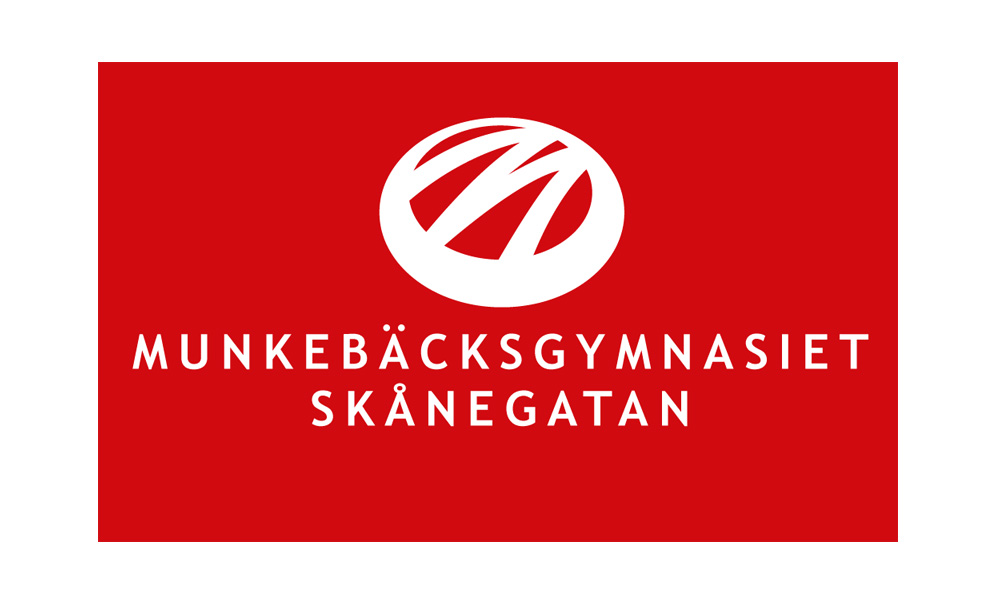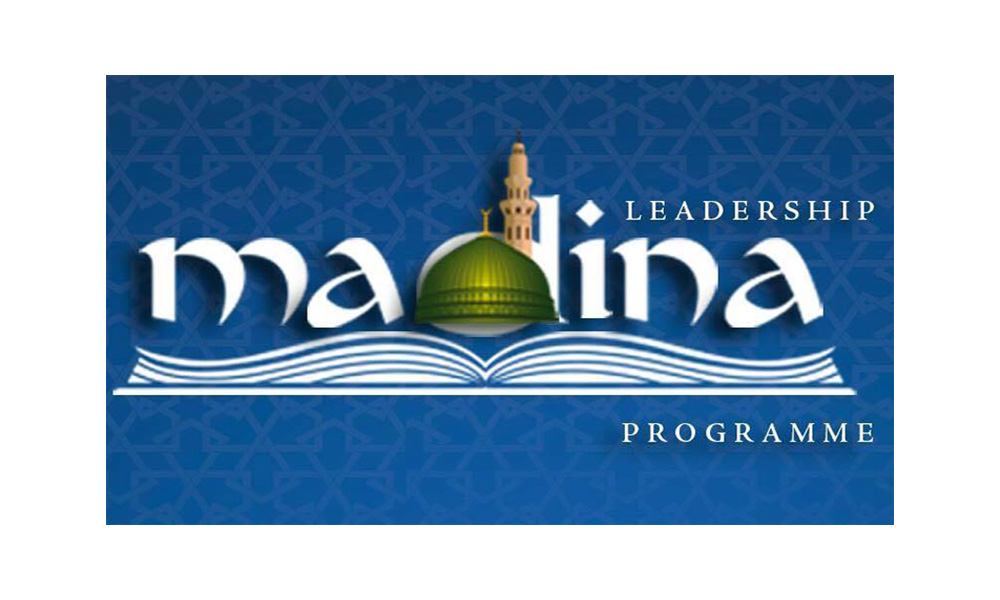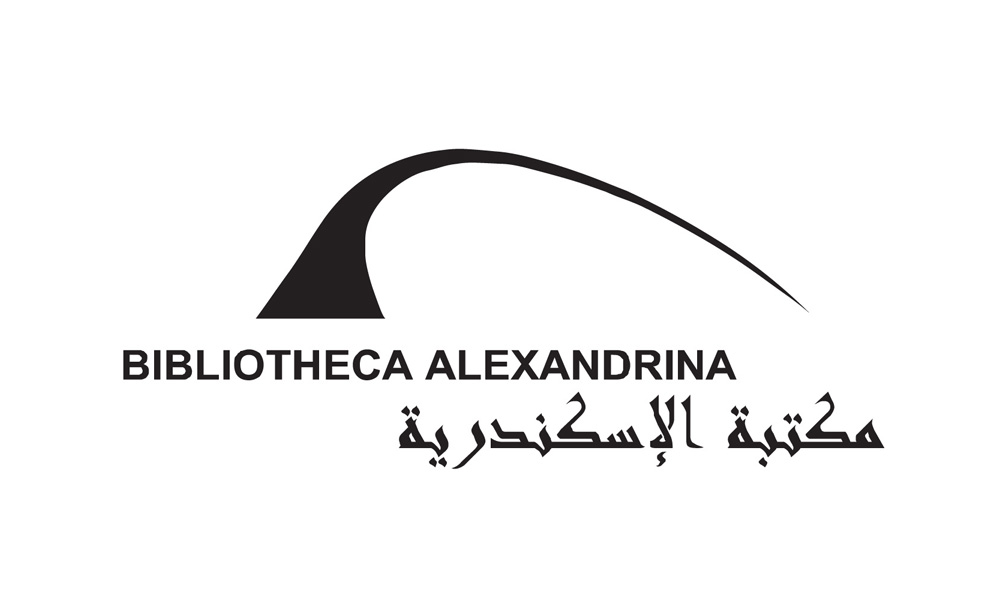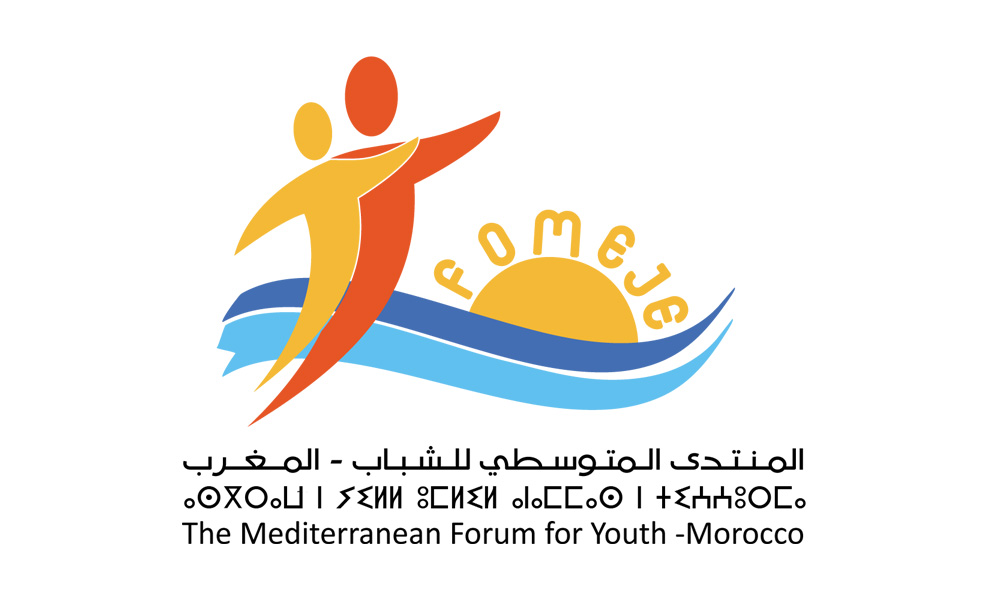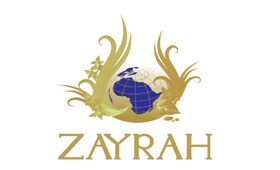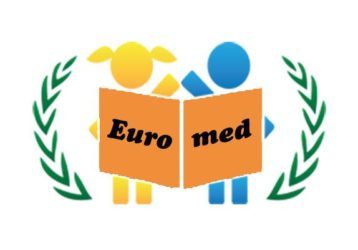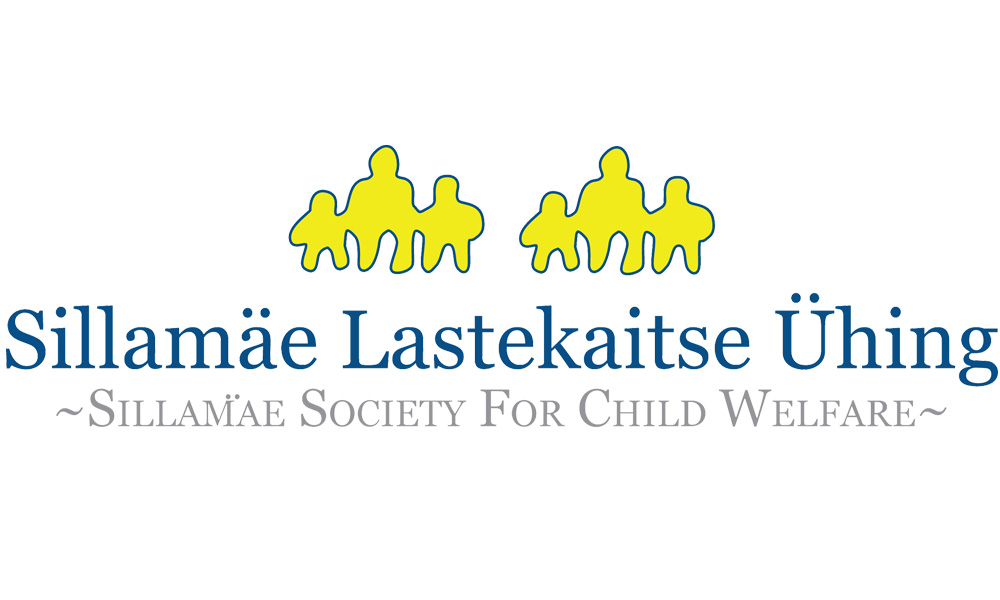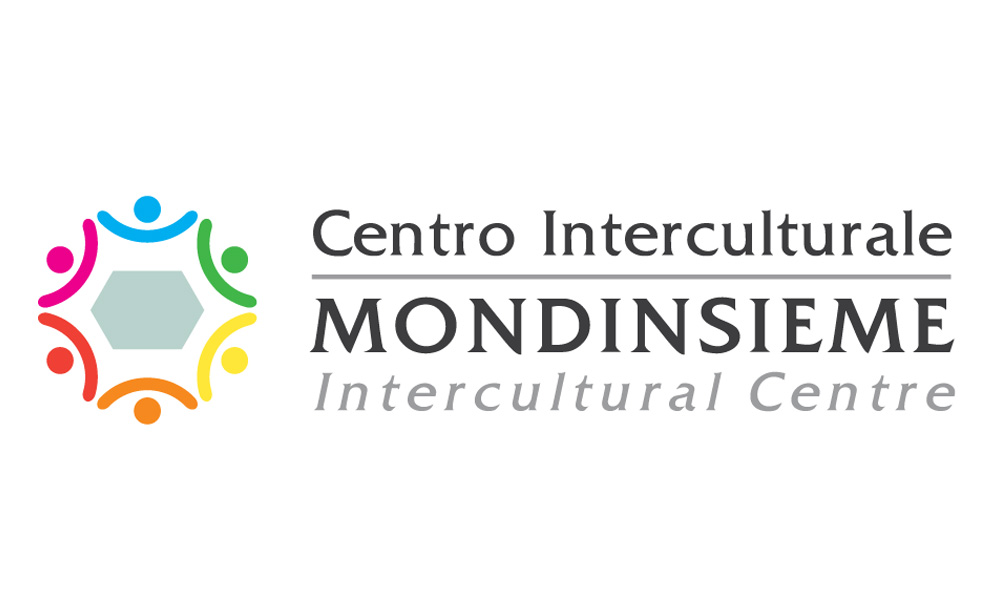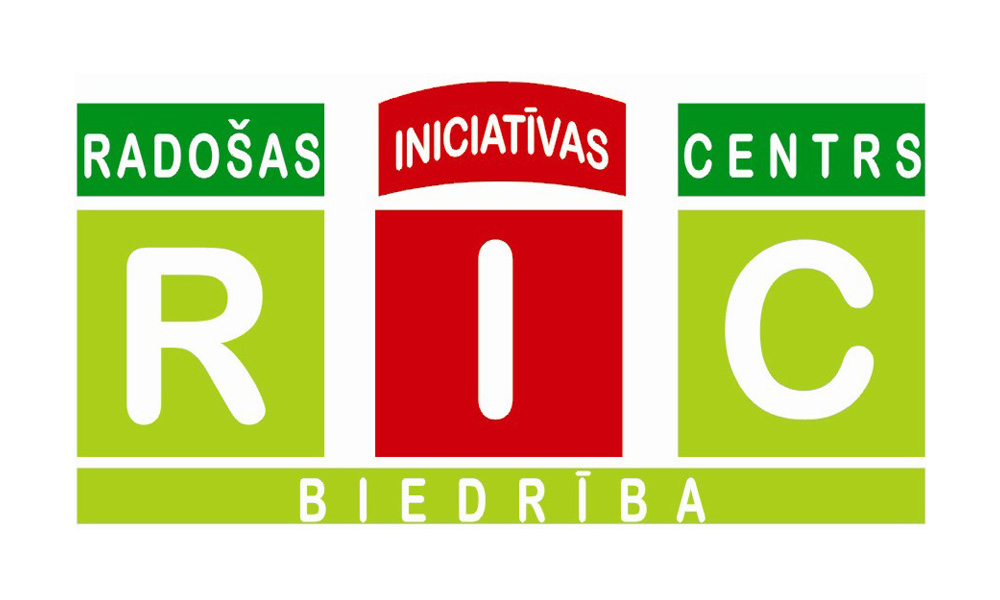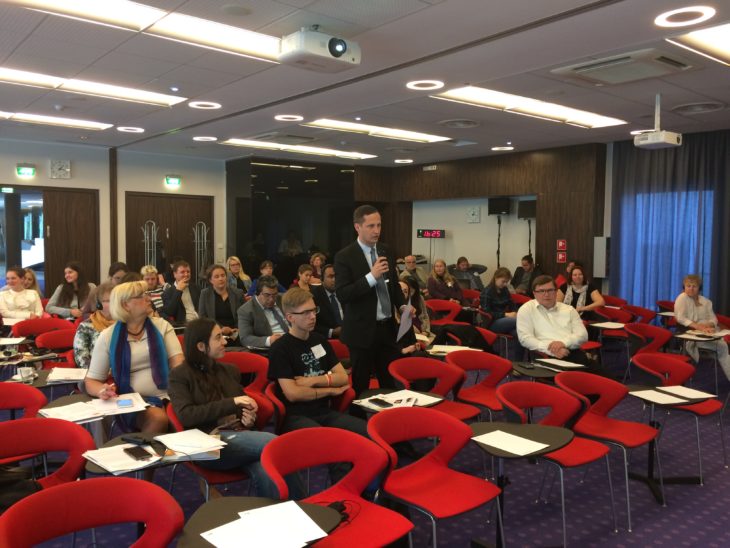
On the international conference in Tallinn we officially presented our project outcomes.
On the 9th of June 2017 in Tallinn, Estonia we celebrate unity of Euro- Mediterranean region and importance of intercultural education in our life, also we had an interesting discussions and officially presented project results: educational toolkit and web-resource.
We concluded and officially launched our ‘Education Without Borders’ project in Tallinn, Estonia, during the international conference ‘The challenge of intercultural education – yesterday, today and tomorrow.’ The first draft of our toolkit on intercultural communication and dialogue was presented, and includes a number of tried and tested best practice methods from change makers in our 9 partner countries. We also showcased our web resource, which we hope will be an informative, useful and interactive resource and we welcome contributions from individuals who have an interest or experience in this area.
Although we are proud to have finished the theory and have together created a unique resource, the success of our project will be down to its implementation. During working groups we discussed how we could put our theory into action. Methods vary from country to country as to whether an official route is taken ie: through government and ministries, or whether a more grass roots approach is taken for example co-ordinating groups of volunteers to deliver best practice ideas to different community groups. Whatever the approach taken, we envisage a positive difference to be created.
Furthermore, whilst in Tallinn we had the opportunity to meet with a number of civil society NGO’s and organisations, including; The National Foundation of Civil Society, Tallinn City Centre Youth Centre, Ministry of Youth and Sport, Estonian Youth Council, The Network of Estonian Non-Profit Organisations and Mondo Humanitarian NGO. We were also hosted by MP Dmitri Dmitrijev in Estonian Parliament, we thank him for taking time out to show us around the parliament building and answer questions on parliamentary process in Estonia.
Though Estonia is an aging population we were impressed with the strong emphasis placed on youth empowerment. From hearing about the numerous youth centres around Estonia to the fantastic work carried out by the Youth Council team who successfully campaigned to lower the voting age to 16 and now deliver sessions including political simulation exercises to prepare the youth for democratic involvement.
We are grateful to the contributions made by everyone who attended the conference, all the speakers and contributors. We would like to give a special thanks to Ambassador Hatim Attalah (executive director of Anna Linh Foundation), for his support and eloquent contributions. Finally this project could not have been completed by the contributions of the partners, from the Estonia, UK, Latvia, Italy, Sweden, Egypt, Morocco, Tunisia and Algeria, who took the time, effort and energy to follow through. It wasn’t always an easy ride, but we got there in the end and should be happy with the outcome. We will promote our project results and upcoming events and looking forward for a future cooperation.
Comment about project and importance of dialogue – Dmitri Dmitrijev, Member of Estonian Parliament: “The co-operation in Mediterranean region became very important issue for the whole Europe. The same time we had a conference in Tallinn on 9 June, Ministers of EU exchanged their views on migration policy, in particular on the situation in the Central Mediterranean and on the implementation of the Malta declaration of 3 February 2017. So, it seems we have to develop intercultural dialogue to discuss all issues of co-operation in region, which will help us to solve burning problems. I would like to say thank you for organizers and initiators of this project.”

